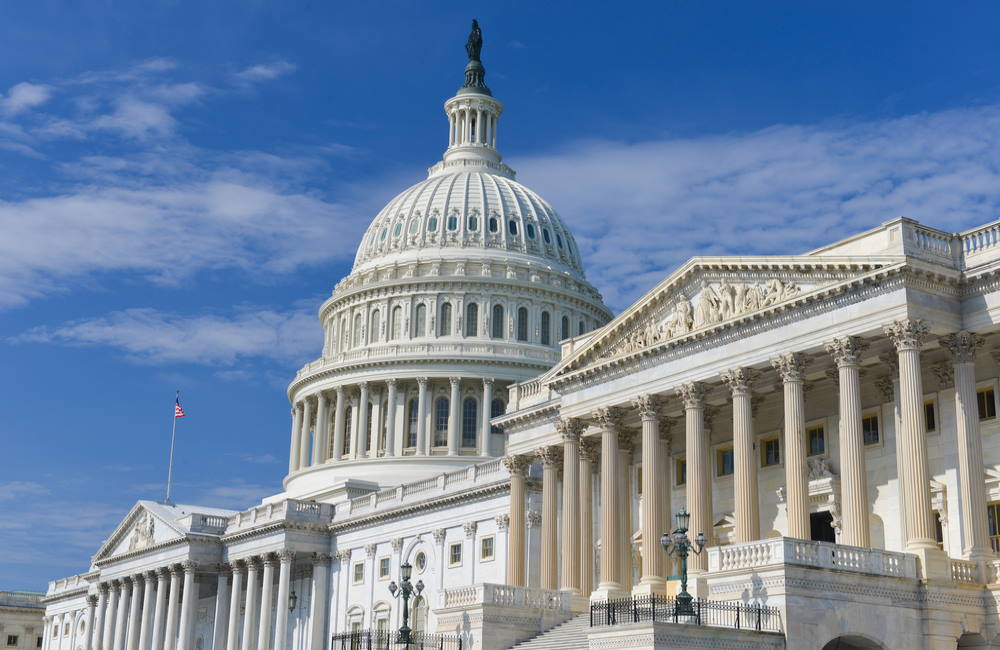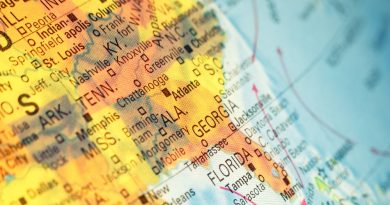Congress Holds Its First Hearing Ever on Marijuana Law Reform
As promised, Democrats who now control the U.S. House of Representatives have held the first Congressional hearing ever on marijuana law reform at the federal level. A House subcommittee heard testimony from experts on how America’s “war on drugs” has failed and that marijuana needs to be taken off the nation’s list of illegal drugs.
Marijuana Law Reform
The hearing came after Illinois became the 11th state to legalize recreational marijuana use earlier this year. More than 30 states have also legalized medical marijuana. These laws are at odds with federal law that lists marijuana as an illegal drug on the same level as cocaine and heroin.
The testimony came before the House Subcommittee on Crime, Terrorism, and Homeland Security. Committee members heard not only about the need for marijuana law reform, but also how criminalizing marijuana has impacted people’s lives, particularly those in minority communities.
Racial Justice and the Need for Reform
The hearing was titled “Marijuana Laws in America: Racial Justice and the Need for Reform.” Many leaders in this area took the opportunity to either speak before the committee or release a statement on marijuana law reform.
Queen Adesuyi, Policy Coordinator at the Drug Policy Alliance’s Office of National Affairs, seemed to sum up the feelings of many. According to Forbes, she said, “Black and brown people have been traumatized by our racist marijuana laws and, as the federal government embraces reform, our groups will make sure that any proposal will repair the damage done to those communities.”
One of those testifying was Baltimore City State’s Attorney Marilyn Mosby, who said that enforcement of marijuana laws has had bigger impact on poor communities and communities of color.
“There is no better illumination of this country’s failed War on Drugs than the city of Baltimore, Maryland,” she said. She has stopped prosecuting cases of marijuana possession in Baltimore.
A Growing Coalition
In addition to testimony, the subcommittee learned of the many groups that have signed on for marijuana law reform.
They include the ACLU, Center for American Progress, Center for Law and Social Policy, Drug Policy Alliance, Human Rights Watch, Immigrant Legal Resource Center, Lawyers’ Committee for Civil Rights Under Law, Leadership Conference on Civil & Human Rights, NORML and Students for Sensible Drug Policy.
Another issue has been expunging the records of those who have been arrested during the War on Drugs. That is something that cities in California, including Oakland and San Francisco, started doing last year once recreational drugs became legal in that state.
Dr. David L. Nathan also testified. Nathan is the board president for Doctors for Cannabis Regulation. He said while doctors may disagree on the details of regulation, they “can no longer support a prohibition that has done so much damage to public health and personal liberty.”




